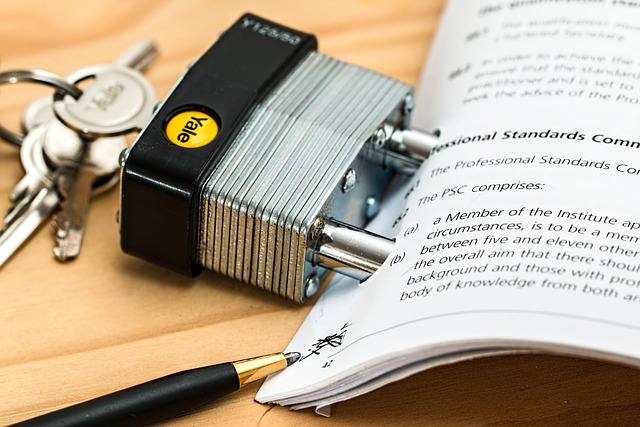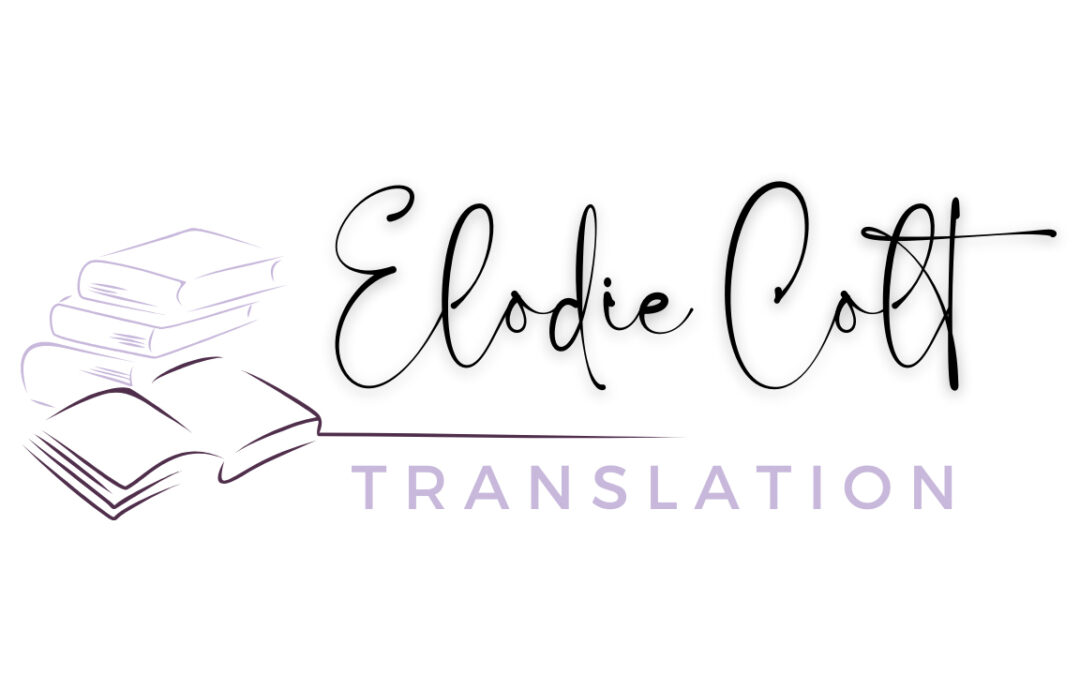Knowing the ins and outs of the markets you want to publish in is crucial. Especially the German market is extremely regulated, so you better be aware of the existing rules before you have to pay any fines.
Title protection law
Book titles are seen as trademarks for a specific product. Therefore, no book titles can be used twice. The idea is to make sure that titles can’t be confused with each other. This is one of the reasons why lots of translators use the English book titles for the German versions. As soon as a book is published in the German market, it is considered as a trademark and therefore protected. There are various platforms available that the translator can use for thorough research, but there’s one risk you should be aware of: The longer you, as the author, wait with publication of the German version, the higher the risk that someone else publishes a book with the same title. From my experience, this doesn’t happen often. It’s possible to secure the title rights by listing it, so that the title is reserved for you for 6 months. However, the costs are currently about €50 for this period, so it can be quite expensive if you decide not to publish for a couple of years.
Fixed book pricing
Germany is only one of many European countries with this law. To name a few, France, Italy, Portugal, and Spain also have this regulation.
The fixed book price law requires that the price of a book (or certain book format) has to be the same throughout all selling platforms. Meaning, if you sell your eBook for 3.99€ on Amazon, you have to offer the same price for the eBook on iBooks.
In general, that’s not really an issue as you usually don’t want to have different prices on different plattforms anyway, but it can get tricky with reduced prices, if the plattforms don’t update the prices immediately.
This law also has an impact on your marketing. While it’s debatable what exactly is allowed and what isn’t, you better want to stay away from vouchers or promotions like “order now and get a discount”, “if you read my series XY, get a discount”.
Imprint & Copyright
The copyright has to be part of the front matter’s imprint of your book. This is nothing new, as the US/UK market follows the same rules.
All eBooks and printed version of the book must include:
- name of the publisher/author
- contact details
- year of publication
- copyright
As the translator is the creator of the translated work, they own the copyright and therefore need to be accredited accordingly. Usually, the translator includes this for you anyway when translating the front matter of your book.





